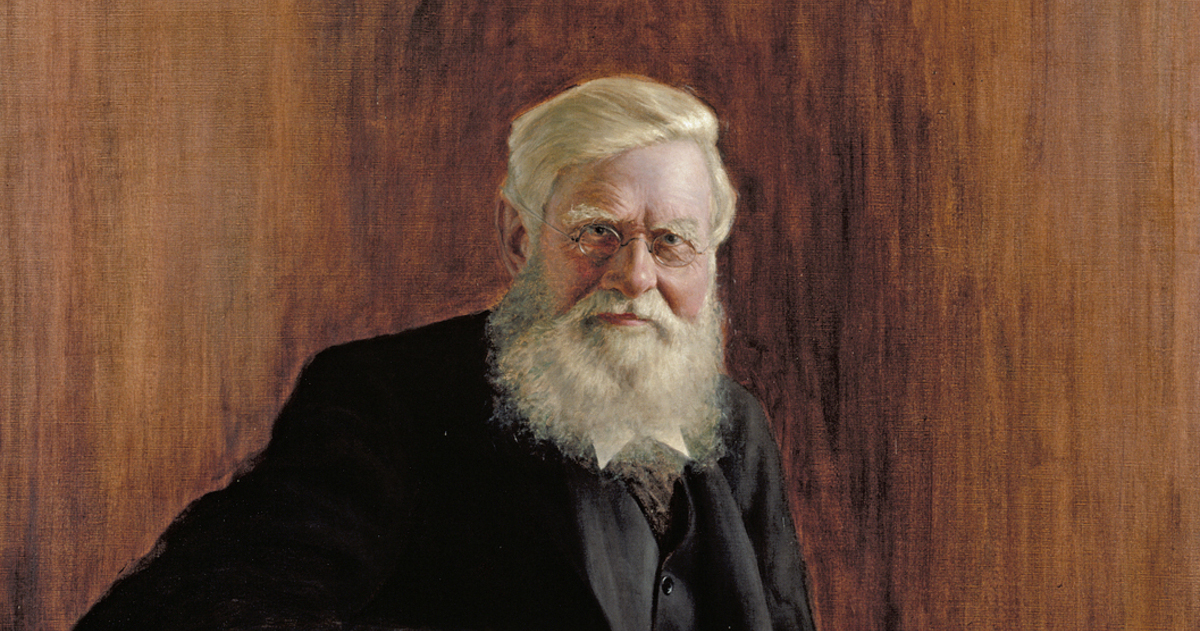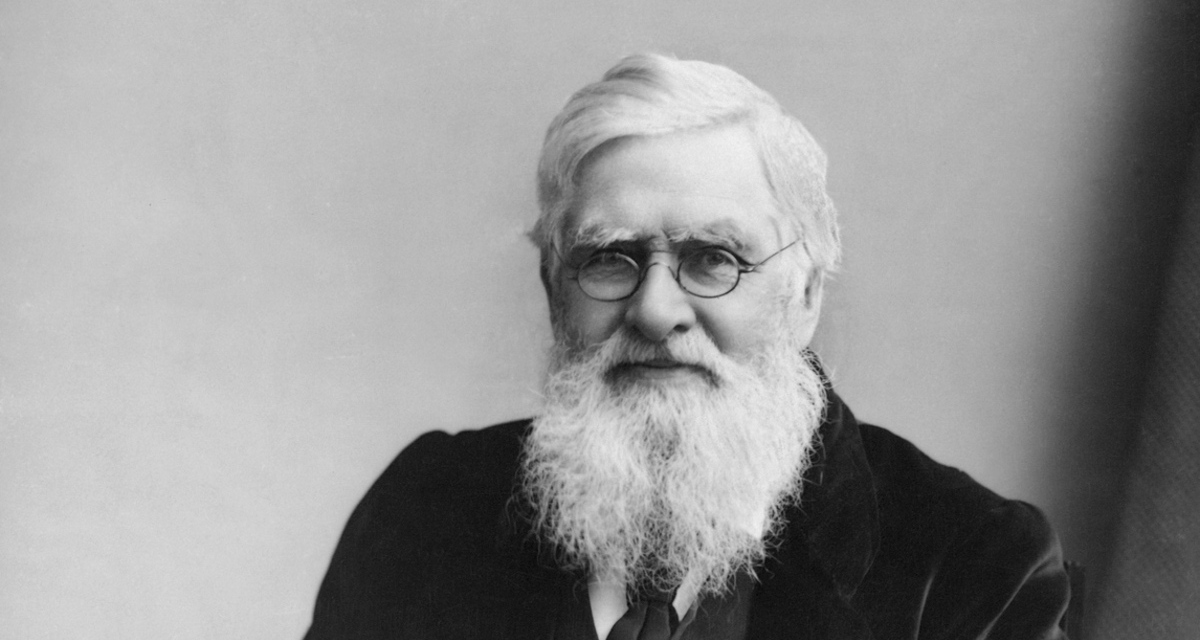
Humanity and Teleology: Darwin, Wallace and Lyell Debate Natural Selection
On this episode of ID the Future, Michael Flannery, historian of science and emeritus professor from the University of Alabama at Birmingham, discusses how Alfred Russel Wallace, co-founder of the theory of evolution by natural selection, broke with Darwin by arguing that the rise of humans required something more than blind evolutionary mechanisms. As Flannery also notes, the great geologist Charles Lyell sided with Wallace in the debate, to Darwin’s dismay. Listen in to learn more about Lyell’s idea of uniformity, the pro-Darwinian origins of the journal Nature, and how professional dissent from Darwinism has existed and persisted ever since Darwin’s Origin of the Species. And to dive deeper still, check out Flannery’s new book on Wallace, Nature’s Prophet.
